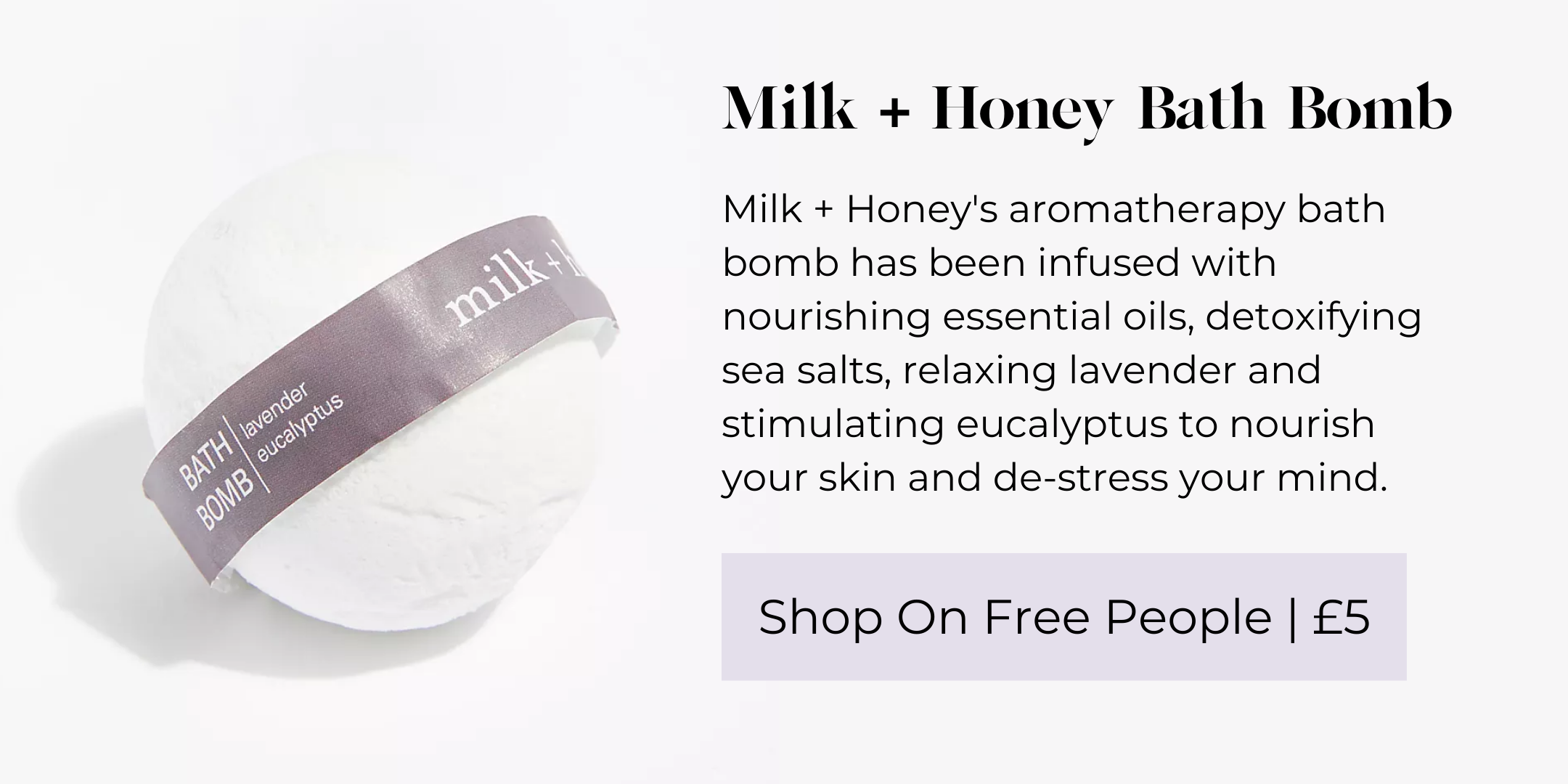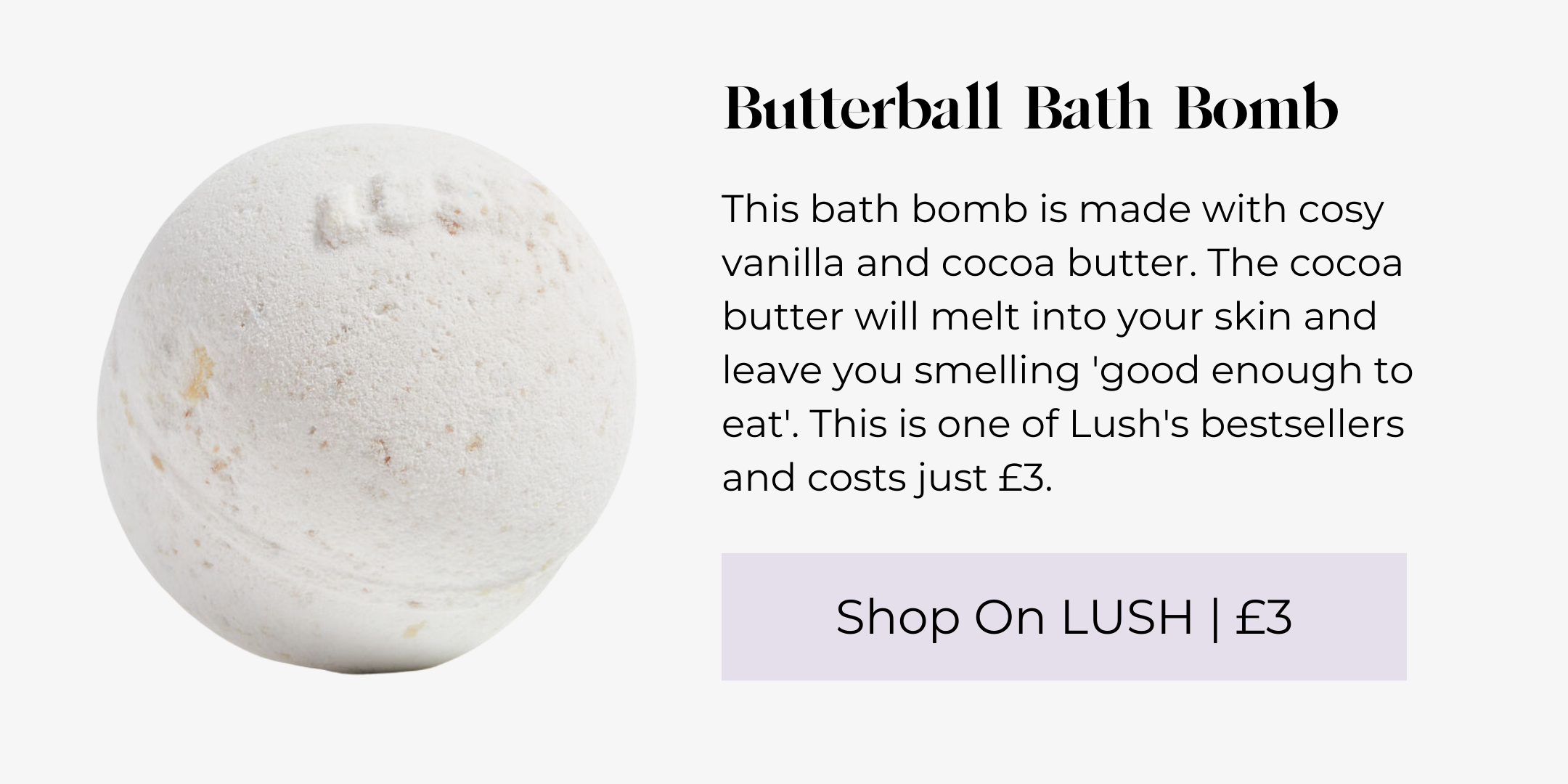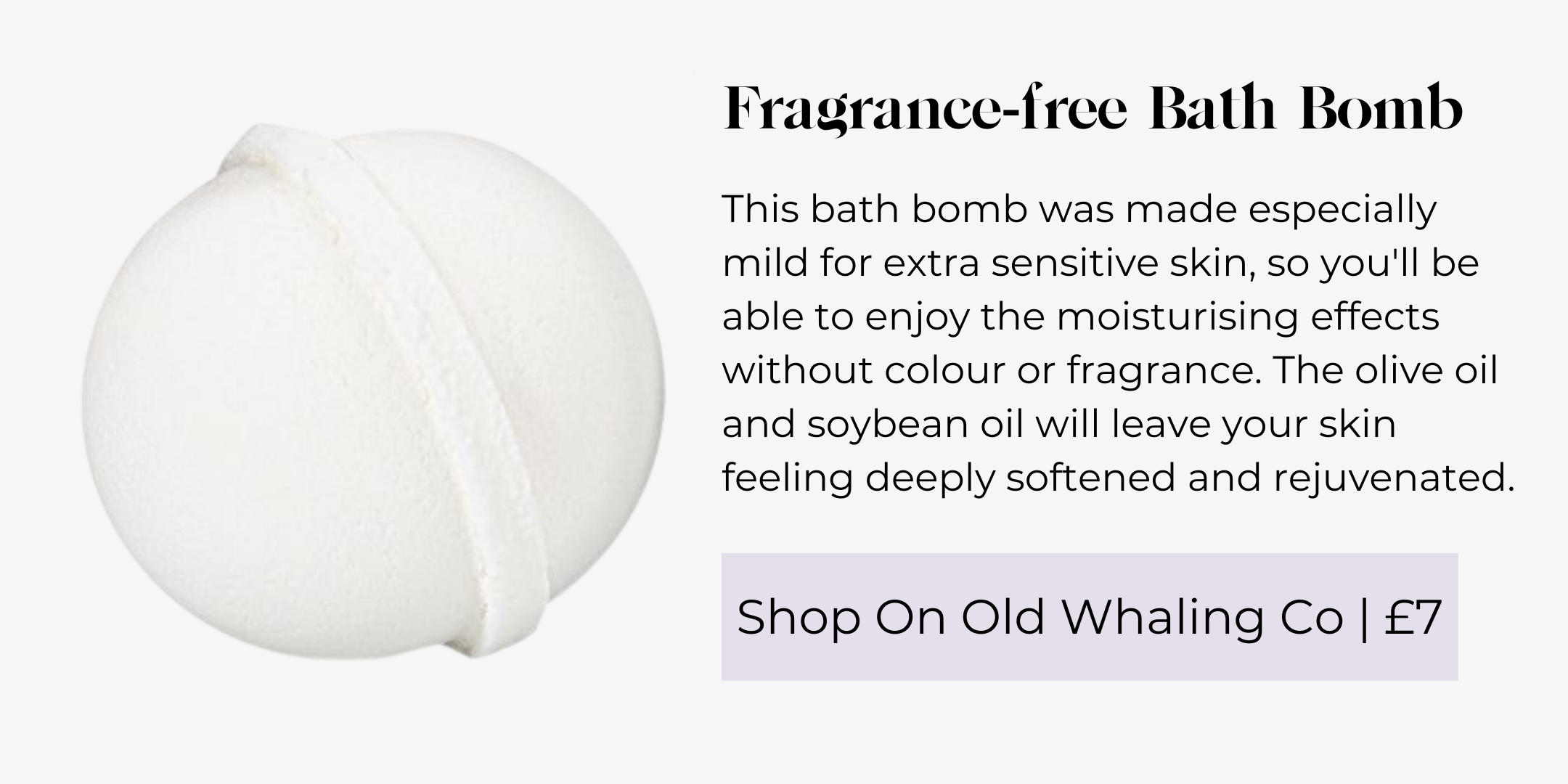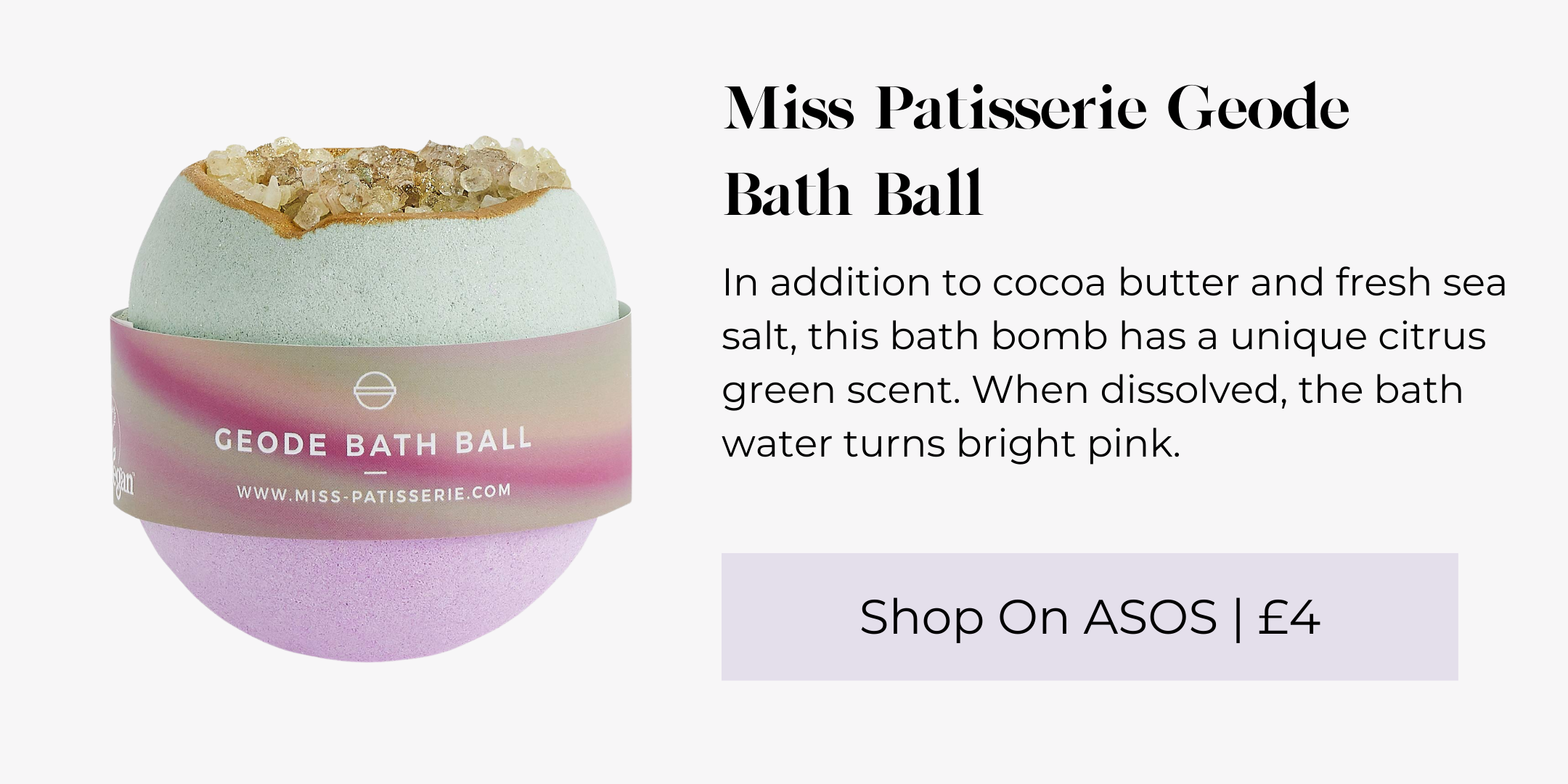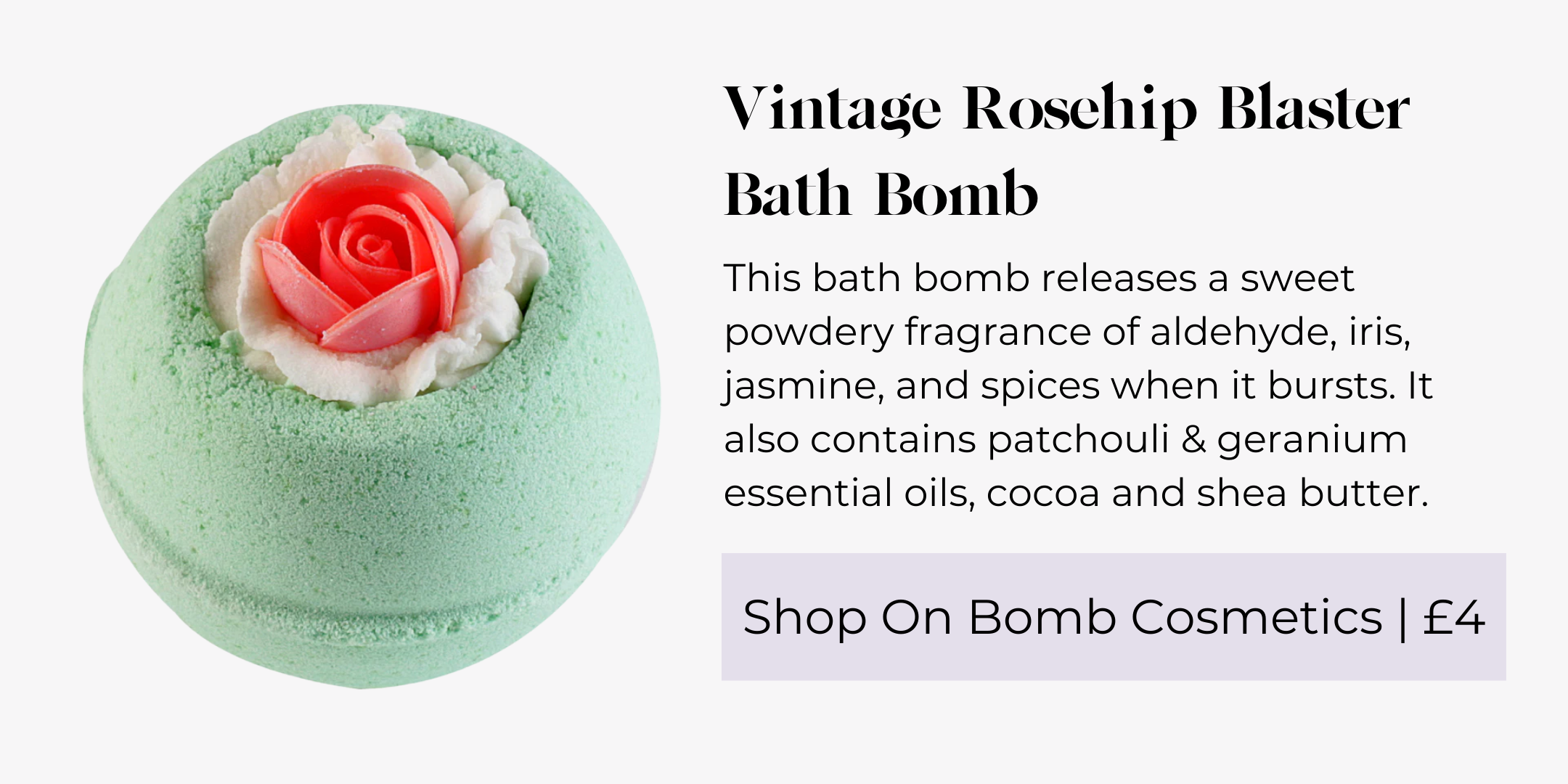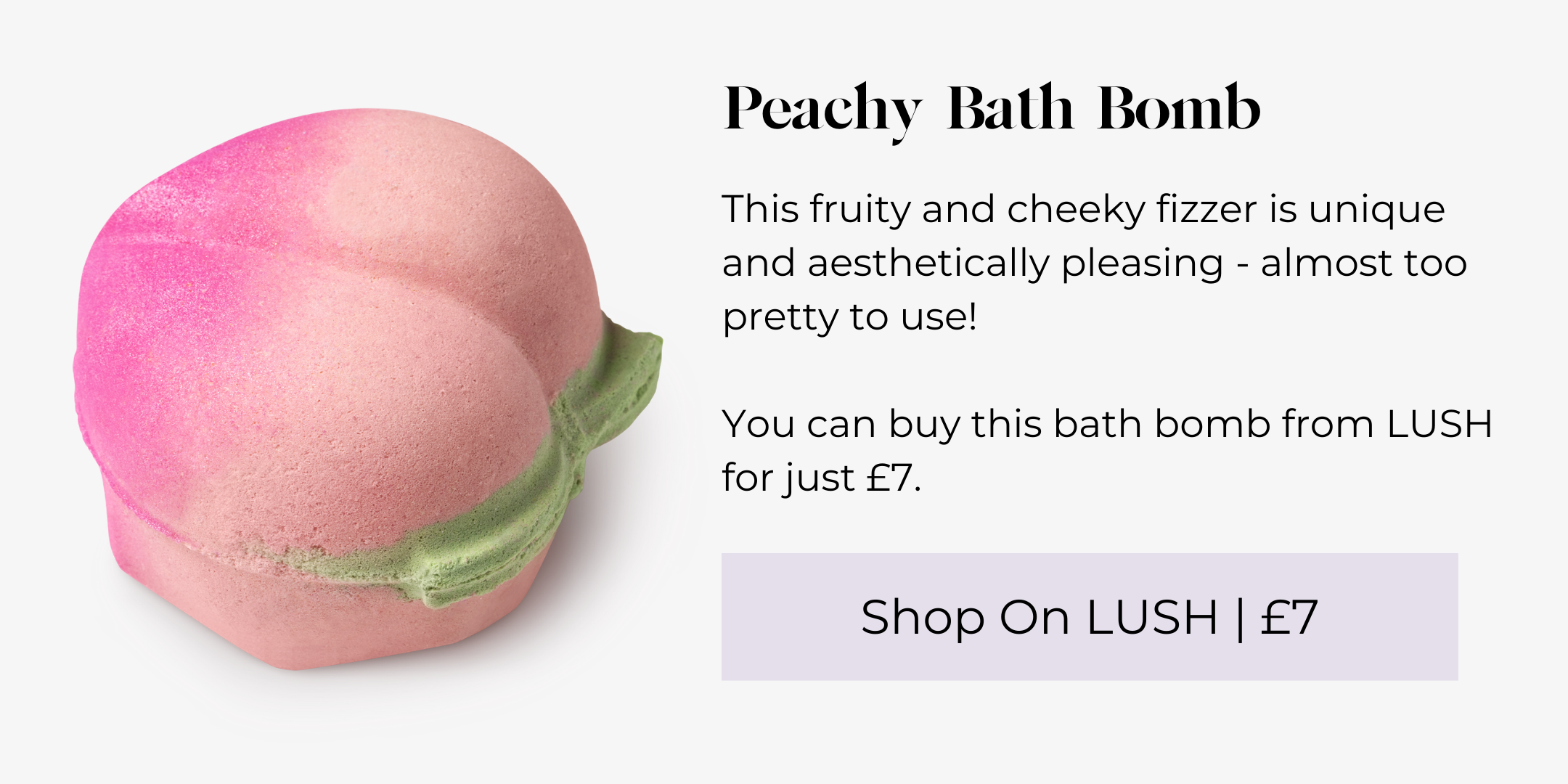Are Bath Bombs Bad For Our Skin?
The Style Diary is supported by its readers. We may earn an affiliate commission when you buy through links on this website. Learn more.Image | Bath bombs by LUSH, Illustration by TSD
These little fizz balls are probably the most fun ‘skincare’ product out there.
Bath bombs are still as popular today as they were 30+ years ago, but now we have so much more variety in them that can cause the occasional super-spike in popularity such as a few years back when instagrammers were taking pics and selfies in their bathtubs with swirling multicoloured waters and candle-lit backgrounds, plus there’s an official National Bath Bomb Day now!
One of the most recognised shops that sell bath bombs is LUSH, which opened its first shop in 1995 and is the leading bath bomb company producing over 118 million bath bombs in 2021 alone.
Bath bombs are a cult classic because they are easy to use, can be scented or unscented, come in many different shapes and colours, fizz on contact with water and shake up the mundane evening bath routine, but do they really do anything else? Anything harmful?
According to Scripps health, bath bombs can cause a variety of skin issues such as irritating sensitive skin, redness, itchiness and rashes. Bath bombs can also affect a woman’s vaginal pH balance, “the resulting changes in normal bacteria levels can cause irritation or even infections” yikes!
-
Many companies develop their own recipes but the main key ingredients in a bath bomb are baking soda, citric acid and cornstarch.
Lathering agents such as sodium lauryl sulfate, are often added to create those bubble foams.
Fragrances are also commonly added to give a pleasant scent, and oils to nurture your skin which can offer an aromatherapy spa-like experience.
Other ingredients in bath bombs that are likely to cause skin issues are limonene, linalool and sodium lauryl sulfate.
Whether you should use bath bombs or not is down to your skin’s level of sensitivity. People with pre-existing skin conditions such as eczema, rosacea, and psoriasis might find that bath bombs trigger irritation significantly.
But generally, bath bombs are a widely-used product that is generally safe to use. A few ways in which you could enjoy bath bombs without some of the potential side effects are:
Choose bath bombs that contain fewer chemicals and more natural oils
Don’t use bath bombs more than 1-2 times a week
Rinse off in the shower afterwards
Stay away from fragrances or dyes
Best Bath Bombs For Sensitive Skin
As long as you don't have skin sensitivity, you'll be able to enjoy most bath bombs without issue, and there are so many exciting bath bombs to choose from…


